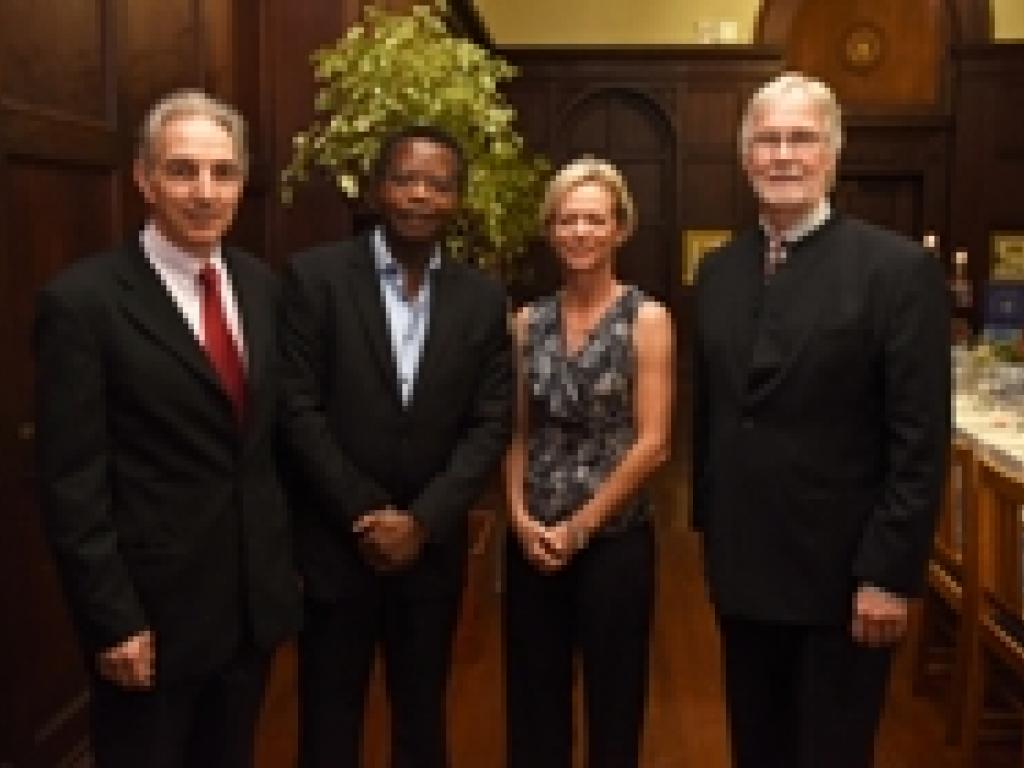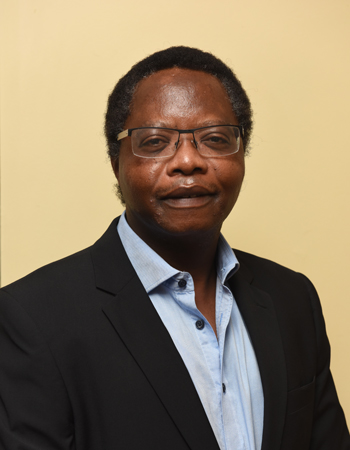New fellows honoured for distinguished work

2016 UCT fellow – Alphose Zingoni, professor of structural engineering and mechanics in the Department of Civil Engineering – was formally inducted at a dinner on 7 December. UCT fellowships recognise original, distinguished work.

“When I received the news last week via a letter from the Vice-Chancellor, Dr Max Price, I was delighted,” said Zingoni.
“Being elected a fellow of UCT is a great honour, and a very significant recognition of the contributions I have made to the collective research and scholarship effort of UCT. I am thankful to the College of Fellows for honouring me in this way.”
Zingoni holds a PhD from Imperial College London and is a recipient of the prestigious Research Fellowship of the Royal Commission for the Exhibition of 1851 (1992–94). He is regarded as a pioneer in the use of group theory (a type of mathematics) in studying problems involving symmetry in structural mechanics.
The formulations he has developed have the benefit of reducing the computational effort that is usually associated with large-scale engineering problems, and have had the added benefit of shedding new insights on the vibration of structures with complex symmetry.
In 2012 Zingoni was invited by the Royal Society, UK, to present his findings at one of their themed meetings. He authored Vibration Analysis and Structural Dynamics for Civil Engineers (Taylor & Francis) in 2015, a book which has been praised for its innovative use of group theory in explaining vibration phenomena. He has also made outstanding contributions in the area of engineering shell structures, on which he has written another successful international book.
Other recognitions of Zingoni’s work include election to fellowship of the London-based Institution of Structural Engineers (2005) and election to fellowship of the South African Academy of Engineering (2008).
He has a message to young researchers: “Do not hesitate to venture into new areas of research in which not so many people are working. The rewards might not be immediate, and the risks might be higher, but you will for sure get better satisfaction in the end.”
Story Yusuf Omar and Helen Swingler. Photos Michael Hammond.